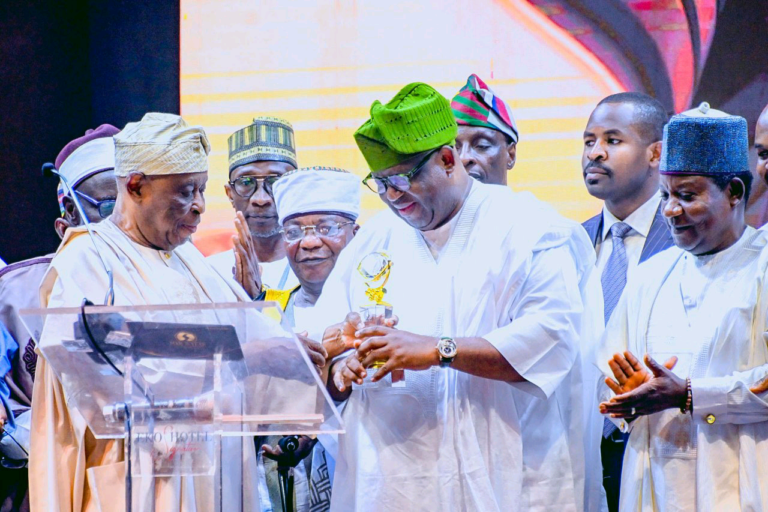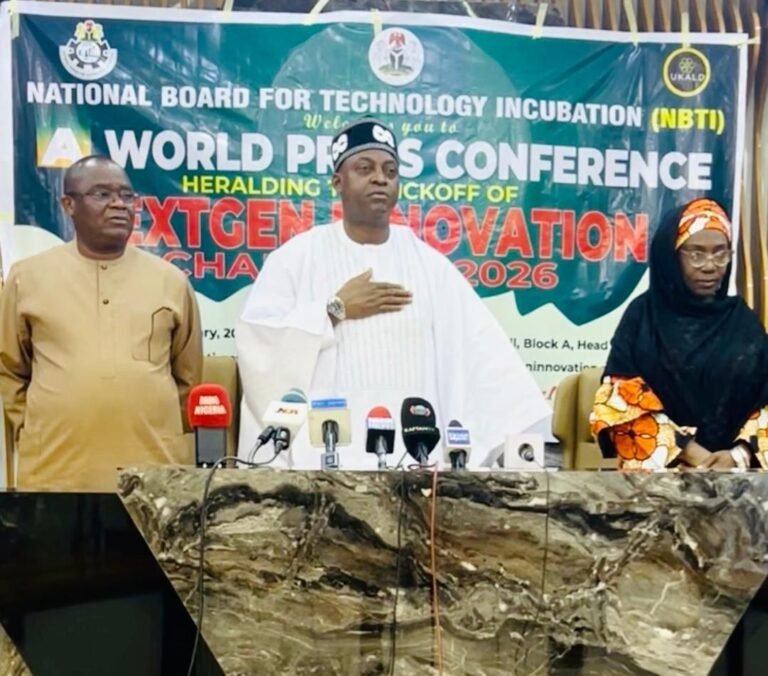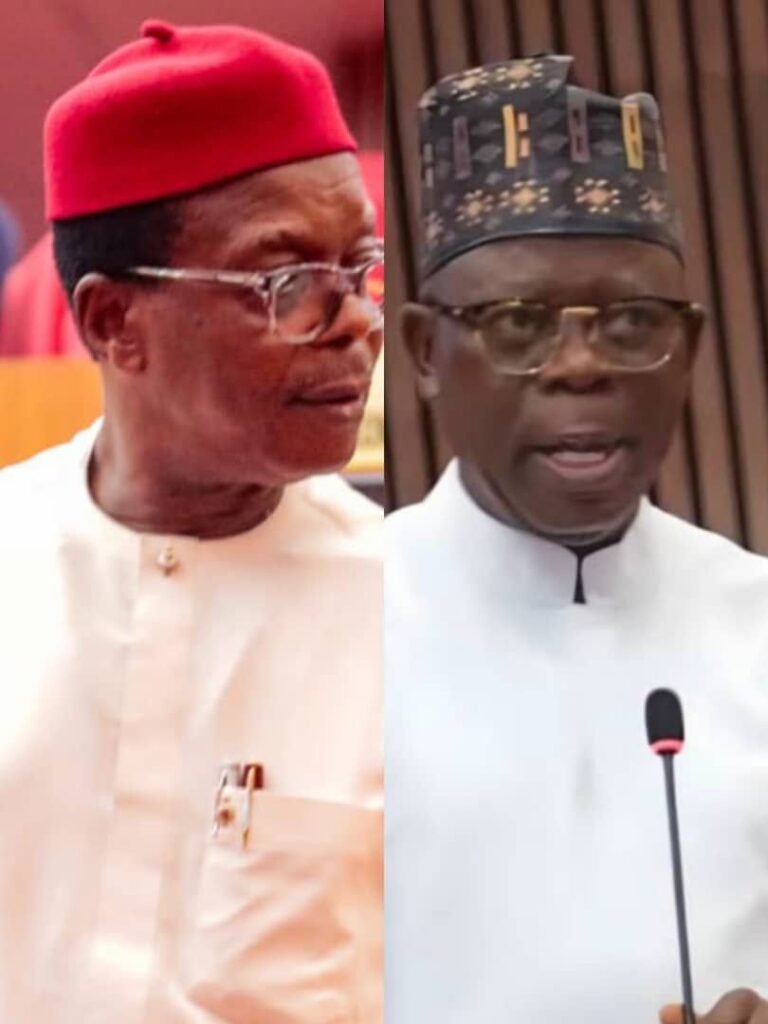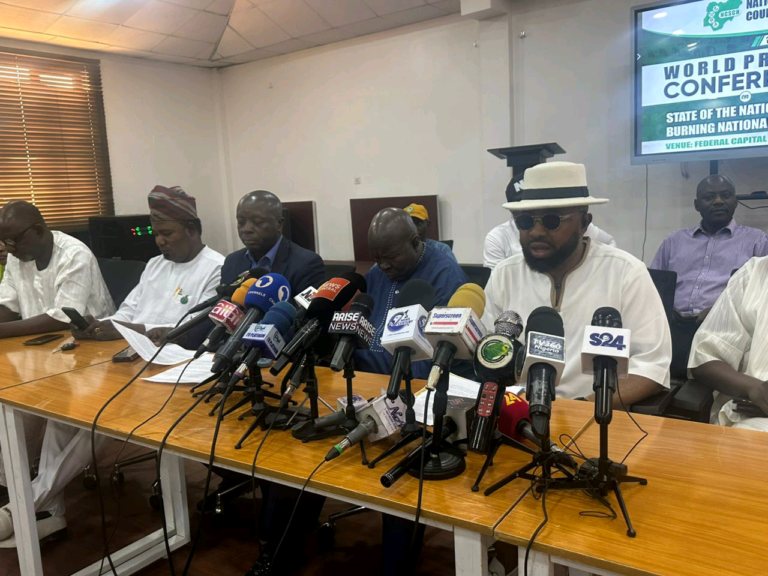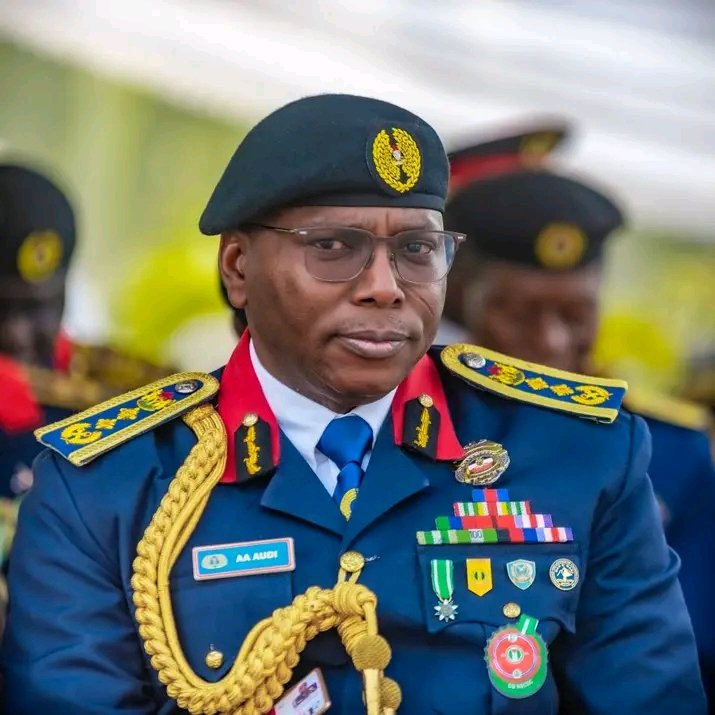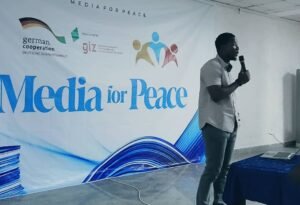
Peacecore trains Kaduna journalists on conflict sensitive reporting
By Hussaina Yakubu
September 22, 2025
The Peacecore Project on Monday commenced a three-day media training for journalists in Kaduna, aimed at strengthening conflict-sensitive reporting and promoting peace across the state.
Head of the project, Miriam Wedraogo, said the training was part of ongoing efforts to transform conflicts and improve livelihoods in Nigeria’s North-Central region.
She said the initiative was being implemented on behalf of the German Federal Ministry of Economic Cooperation and Development to support peaceful coexistence in Plateau, Kaduna and Taraba States.
Wedraogo highlighted the crucial role journalists play in shaping public narratives, stressing that media professionals can either fuel divisions or build bridges in fragile communities.
“The stories we tell, the language we use, and the platforms we create all shape how people see themselves and each other,” she told participants.
She said the workshop was specifically designed to equip media practitioners with tools for conflict-sensitive reporting, peace messaging, and the fight against hate speech and misinformation.
“In a time when narratives can easily divide, your role as journalists, broadcasters and storytellers is more important than ever,” Wedraogo said.
She urged participants to view the training not just as professional development, but also as a commitment to advancing peace and inclusivity in Kaduna and Nigeria at large.
The News Agency of Nigeria (NAN) reports that the training was held at the Asaa Pyramid Hotel in Kaduna and brought together journalists from various media organisations across the state.
The event, which will ends on Wednesday, Sept. 24, was organised under the PEACECORE II Project, which seeks to strengthen peaceful coexistence among vulnerable groups.
Oladipo Olunsho, Communications Adviser to the project, said PEACECORE is funded by the German Federal Ministry for Economic Cooperation, which is active in over 120 countries and has operated in Nigeria for 51 years.
According to him, the second phase of the project (2023–2027) focuses on three pillars: conflict transformation, economic empowerment, and environmental sustainability, all anchored on a gender-transformative approach.
One of the facilitators, Silas Jonathan, introduced participants to the concept of “information disorder” and its impact on peacebuilding and media ethics.
He explained the three types of information disorder: misinformation (unintentional mistakes such as incorrect captions or data), disinformation (deliberate spread of falsehoods), and malinformation (intentional leaks of private information for harmful purposes).
Jonathan emphasized the importance of responsible reporting and called on journalists to become ambassadors of peace by countering false narratives and promoting truth in their work.(NAN)


